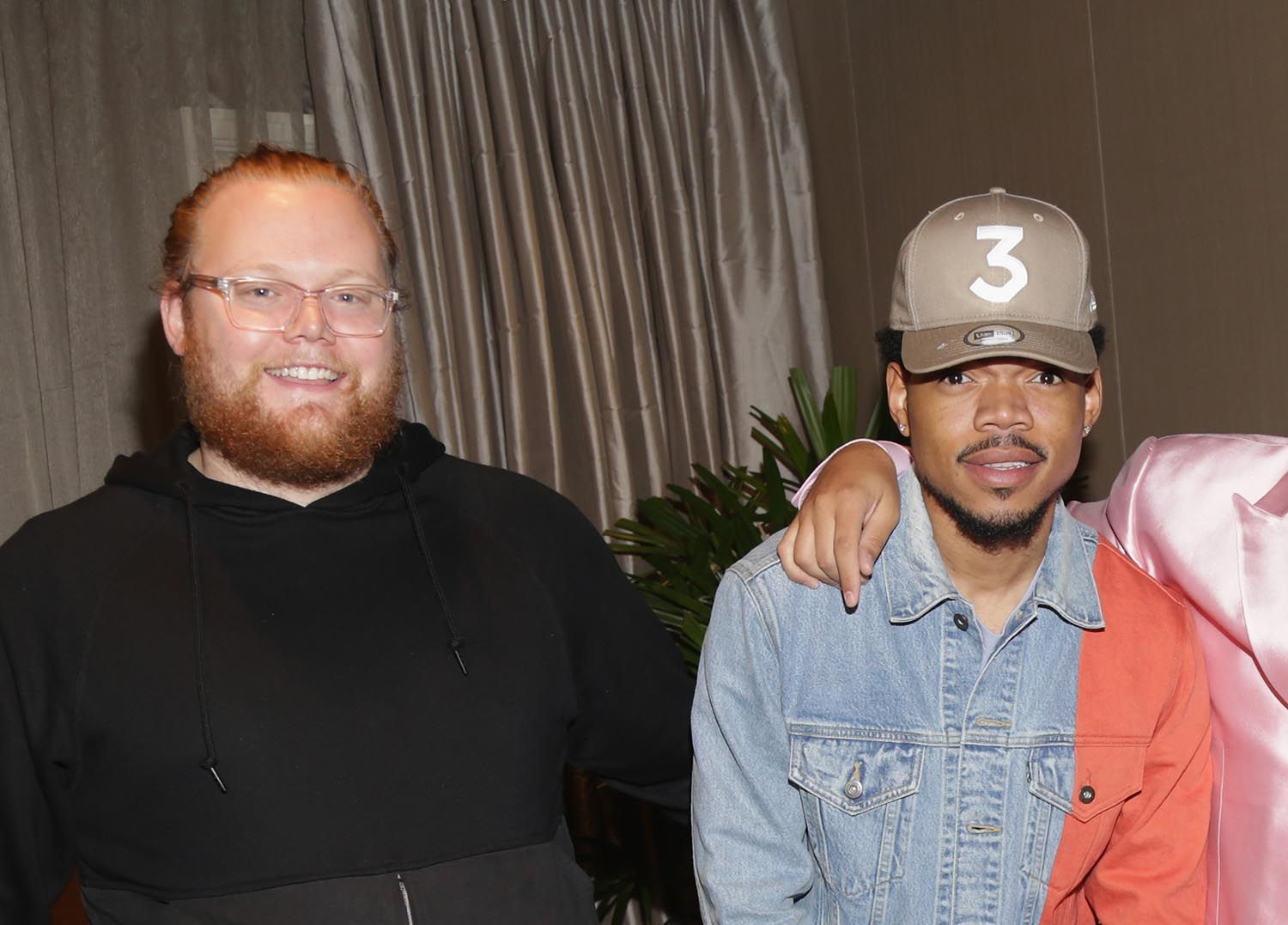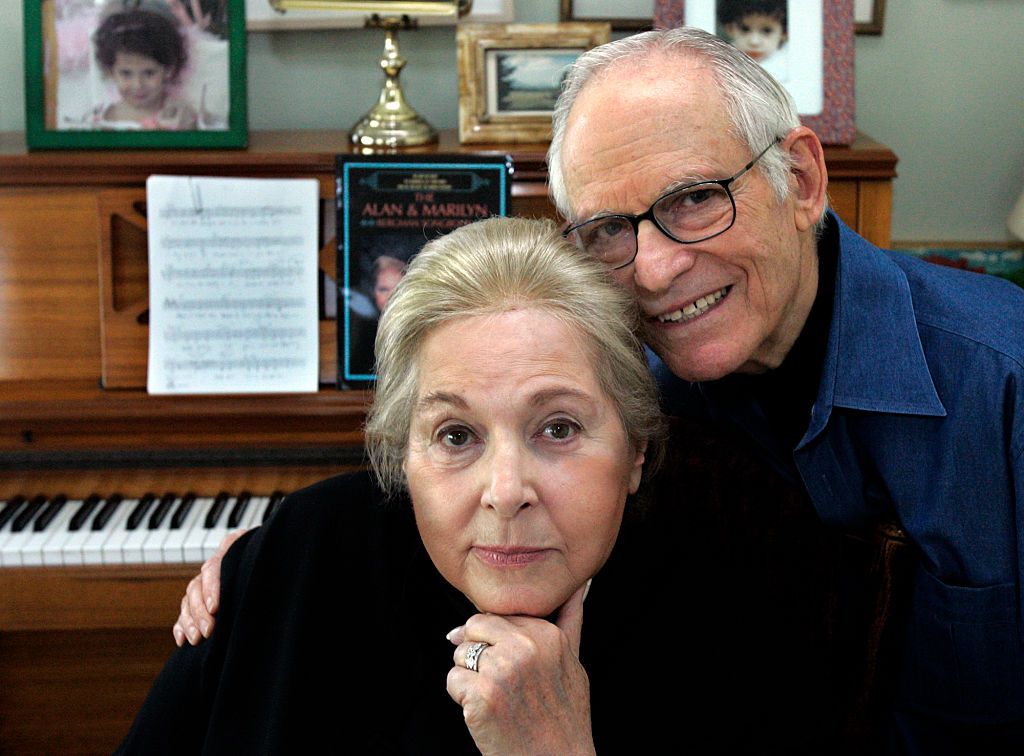

Chance the Rapper Accuses Ex-Manager of Demanding Kickbacks, Exploiting Position in New Lawsuit
Chance the Rapper has filed a lawsuit against his former manager, Pat Corcoran, for allegedly exploiting his position, demanding kickbacks, and damaging the musician’s reputation, The Chicago Tribune reports.
The lawsuit was filed on February 19th in Cook County court in Illinois. It arrives about two months after Corcoran filed his own lawsuit that not only claimed Chance the Rapper — real name Chancelor Bennett — owed him $2.5 million in unpaid expenses and commissions, but that Chance’s highly anticipated 2019 debut album, The Big Day, was a rushed job, which led to poor reviews, underwhelming concert ticket sales, and ultimately a canceled tour.
The new lawsuit from Bennett calls Corcoran’s filing a “gratuitous, fabricated narrative [that] is offensive and insulting.” It seeks to dismiss various counts in Corcoran’s suit, and also secure more than $1 million in damages for each of its own three charges: breach of fiduciary duty; interference that led to the loss of business opportunities and profit; and breach of contract.
In a statement to the Tribune, Bennett’s lawyers said: “Mr. Corcoran has been paid in full under his management services contract with Mr. Bennett. Yet he chose to file a groundless and insulting lawsuit that ignores his own improper self-dealing and incompetence. Mr. Bennett has moved to dismiss the majority of that meritless lawsuit, and filed his own lawsuit to remedy the harm that Mr. Corcoran caused through his breaches of duty. Mr. Bennett trusts the legal system to reveal the truth of the parties’ relationship in due course.”
Lawyers for Bennett and Corcoran did not immediately return Rolling Stone’s request for comment.
Bennett’s lawsuit stresses the rapper’s initial rise and early success, which he says achieved largely without the help of Corcoran. It wasn’t until after the release of Chance’s acclaimed second mixtape, Acid Rap, that the pair struck an oral agreement to begin working together. However, the suit claims Corcoran eventually began deploying “deception, intimidation, and verbal abuse” and started using his position to “convert Mr. Bennett’s opportunities for himself and to advance his own separate business interests.”
Among the allegations is a claim that Corcoran traded on Bennett’s name to boost his wine business, No Fine Print. Bennett claims Corcoran, without asking or advising him, met with Live Nation to discuss tour possibilities and also allegedly requested Live Nation purchase No Fine Print wine to sell at concerts. Bennett also claims Corcoran met with film producer Scott Bernstein, who was interested in having Bennett write and co-produce a new movie, and that instead Corcoran “inserted his own company into the co-producer role” and “lied” to Bennett about the conversation.
Additionally, Bennett accuses Corcoran of seeking kickbacks from merchandise vendors, telling businesses that Chance the Rapper wouldn’t work with them unless they gave Corcoran “an equity interest in the vendor or made a payment to Corcoran or one of his businesses.” And the suit claims that Corcoran used Bennett’s philanthropic partnership with Lyft to benefit himself “in the form of stock ownership in the company before Lyft’s initial public offering.”
Bennett’s lawsuit alleges that the nature of his relationship with Corcoran fundamentally shifted when Corcoran allegedly tried to undercut and squash a deal for Bennett to serve as the face of a new venture from music industry veteran Steve Stoute. In turn, Corcoran promised Bennett a big stake in a new venture of his own, but the suit claims Corcoran’s draft agreements would have given Corcoran “complete control over everything Mr. Bennett had worked so hard to build.” The suit called it an “effort to effectively ‘sign’ the ‘unsignable’ Chance the Rapper.”
Lastly, Bennett’s lawsuit pushes back against Corcoran’s claims surrounding The Big Day. Bennett claims he spent “hours upon hours in the studio” working on the album, while Corcoran was “increasingly absent from his managerial role.” The suit claims Corcoran didn’t show up to media appearances, disclose proposals or return inquiries from media outlets, while he also began delegating his responsibilities as Bennett’s managers to others in his company.
Bennett claims Corcoran also failed to come up with a marketing plan for The Big Day, and instead pushed Bennett to gin up attention by finally releasing his first two mixtapes, 10 Day and Acid Rap, on streaming services and on vinyl. But Corcoran, the suit claims, allegedly failed to acquire the proper sample licenses for those two mixtapes — the reason they’d been kept off paid streaming platforms in the first place — which “exposed Mr. Bennett to potential liability and complicated the release of these mixtapes.” Additionally, Bennett claimed Corcoran was responsible for a swath of refunds issued for unfulfilled vinyl orders because no vinyl records were ever manufactured.





